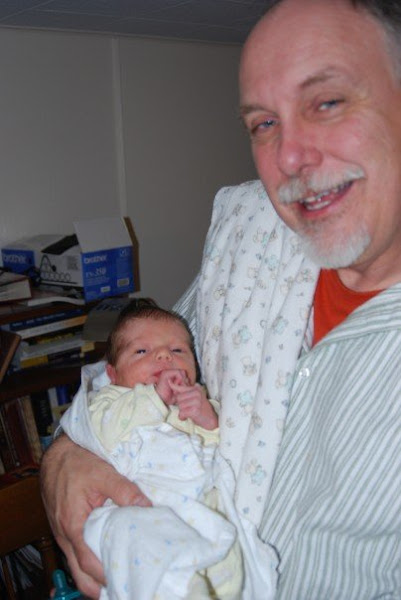In my survey of 200 25 to 50-year-olds who are connected to United Churches but don't attend regularly, one of the 35 questions presented people with seven statements about the church and asked whether they Strongly Agreed, Agreed, Disagreed or Strongly Disagreed with them. The statements were:
"My church would be there for me if I needed it."
"Churches play a vital role in the community."
"Going to Church is an enjoyable experience for me."
"You can be close to God even if you don't go to church."
"Churches help people to be good, caring individuals."
"Involvement in the Church strengthens family life."
"The community would lose something valuable if the churches weren't there."
There were a bunch of interesting things that came out of this particular question, but I want to highlight one in particular.
54% strongly agreed and 44% agreed that "you can be close to God even if you don't go to church." That's 98% -- virtually everyone -- who agreed with this statement. There was nowhere near this kind of unanimity for any of the others.
What's this all about??
It's hard to tell what was going through people's minds when they responded to this statement. Now, it could be a really hopeful sign. It could mean that people's sense of the presence of God is wide-ranging and not institutionally confined. That would be a good thing.
In a related question, I asked "How closely would you say your experiences of God are connected to the church?"
Only 2% said, "Very closely. Church is where I experience God the most."
A further 35% said, "Closely. I experience God both inside and outside the church."
But 39% said, "Not very closely. If I experience God, it's more likely outside the church."
When I read these results, I thought: What on earth have the churches been doing over the years? I know that the religious habit of church-going can't be made to encompass all of what happens when we encounter the Divine, but my goodness, if 98% of these folks don't see any really compelling connection between the Christian community and their experience of God, then we've got a problem.
I've just completed this research, but already people are saying, "What do you think we need to do about it?" Near the top of the priority list has to be closing that gap between the experience of God and the experienced reality of church. It's clear to me that there are a whole lot of our own people who don't have much confidence that we can guide them towards an encounter with the Beyond. And that's got to change.
Friday, September 14, 2007
Subscribe to:
Post Comments (Atom)


3 comments:
Do we take the liturgical aspects of church, the basic parts of our worship services for granted? I wonder if we took the time--even during regular worship times--to teach people and give them an opportunity to consider the importance, value and intention of the things we do each week, they might be lead to seek God in those seemingly stale actions. For instance, I think that corporate prayers--like prayers of confession and renewal--are important and have great potential for drawing people into experiences with the divine, alongside their neighbours, but not if it's just the prescribed reading that happens somewhere between announcements and the sermon. Many of the rituals that people think are out-dated and stale are perceived to be so because they are habit, because they've been doing roughly the same thing for 5, 10, 50 years. Or, on the other hand, the ritual is misunderstood, or too foreign to be of any value. Perhaps worship leaders need to remember and occasionally address the fact that if going to church, and everything that happens on that hour every week becomes little more than comfortable habit, the invitation and opportunity we aim to offer to meet God is seen as something rather beige.
Good point. How do we create a communal prayer life that will be non-threatening enough to invite people in, but substantial enough to foster that "closeness" that people seem to want?
Church is often the last place I would go to be close to or hope for an experience of God. When I know of conflict or problems between the people "in charge", when the music is slow and draggy, when the people there are more concerned with who they can "encourage" to be on a committee than helping someone they don't know - all of this makes it difficult to concentrate on God. And yet, I continue to attend regularly - having read the report referenced here makes me wonder why I do.
Post a Comment